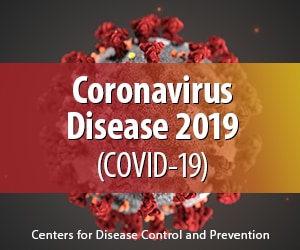Coronavirus (COVID19) - Understanding the Threat
Due to the importance of this issue and conversations that the federal government may provide financial support to those impacted by COVID-19, OSAE drafted and sent a letter to Congressional leaders and all representatives of Ohio's leadership in Washington, D.C. on March 10, 2020. You can read the letter we sent here
None at this time.







